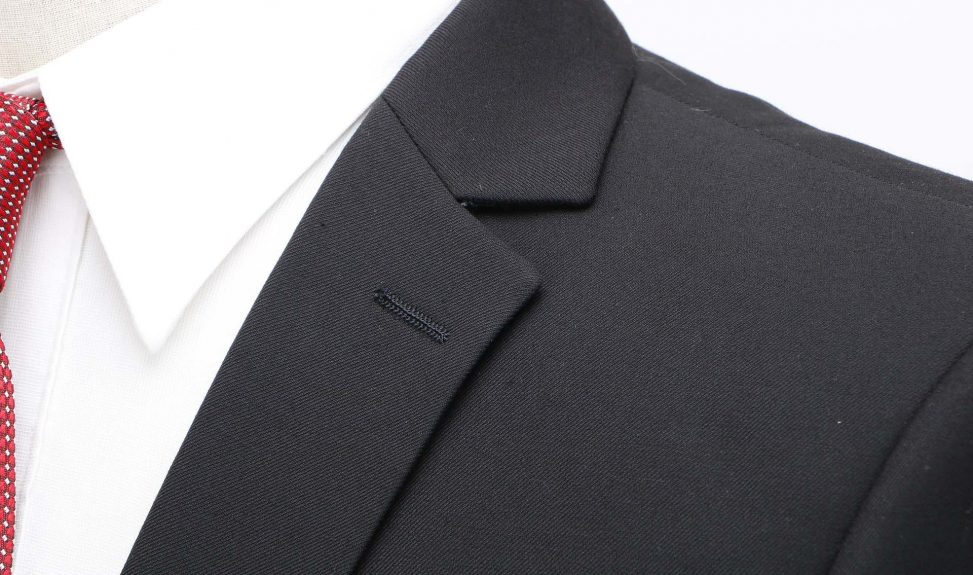The polished professional: business etiquette and the direct impact on the bottom line.
- October 9, 2017
 Business
Business Most organisations today acknowledge the direct relationship between developing their people and growing their bottom line. Where we still see a lack of realisation is the huge, direct impact soft skills and business etiquette have on the bottom line. Of equal importance is training and developing front of house and first line staff.
Business etiquette and soft skills training is still highly underestimated and its importance often neglected. A polished professional makes an impact and a difference. Someone with good soft skills and highly employable.
According to a study conducted by Harvard University, Stanford Research Center and the Carnegie Foundation, 15% of job success is attributed to a person’s technical skills and knowledge whereas 85% is attributed to their social and interpersonal skills.
These are the qualities that distinguish a polished professional.
To the business looking for valuable personnel:
Having a polished professional representing your company means that you will stand out. Giving you that competitive edge which directly affects the bottom line.
To the individual looking to progress:
Qualifications are not enough. Employers also value attitude, social awareness and the ability to fit in a multi-cultural environment. Presence, executive image, business etiquette knowledge and cultural intelligence are characteristics that help you move forward.
I came across situations that have a negative effect on a company’s reputation when soft skills were not present. Taking as an example the reception and the sales function:
The Reception Function.
Usually run by junior to middle ranked staff, often companies fail to understand the importance of providing an exceptional first and lasting impression to its clients. Poise, dress, communication skills and social awareness play a major role.
The Sales function.
In a global economy and with the increase in international business relationships, exceptional customer experiences increase customer loyalty. One way to achieve this is to create a level of trust. This becomes complex in international scenarios where cultural awareness is key. Knowing what to do, when to do it and how, is critical in successful international business relationships. What is considered correct in one culture may be insulting in another. So the trick is to know before you go.
In 2015, McDonald’s UK launched a campaign to boost the value of soft-skills to the economy. To demonstrate how such skills are as important for workers and employers as academic and technical qualifications. ‘Research carried out for McDonald’s, which employs 100,000 people in the UK, estimates that soft skills contribute £88 billion to the economy. This is forecast to rise to £109 billion over the next five years. The research report, carried out by Development Economics, also warns that employers, government and educators are not currently supporting soft skills sufficiently to realise their potential contribution. According to the research, over half a million UK workers working mainly in food services, retail, healthcare and leisure industries will be significantly held back by a lack of soft skills by 2020.’ Maggie Pagano, Independent UK.
Distinguish yourself and your business.
First Class Etiquette delivers training programmes under licence from The International Etiquette and Protocol Academy of London.
Read more about the Polished Professional programme by First Class Etiquette here
or
Enjoyed reading this post? Join us for more insights here or fill in the form on the right hand side of the screen.





